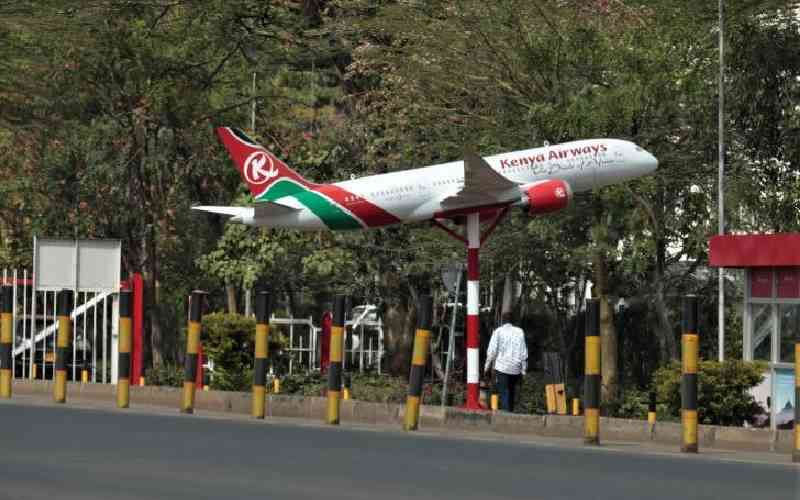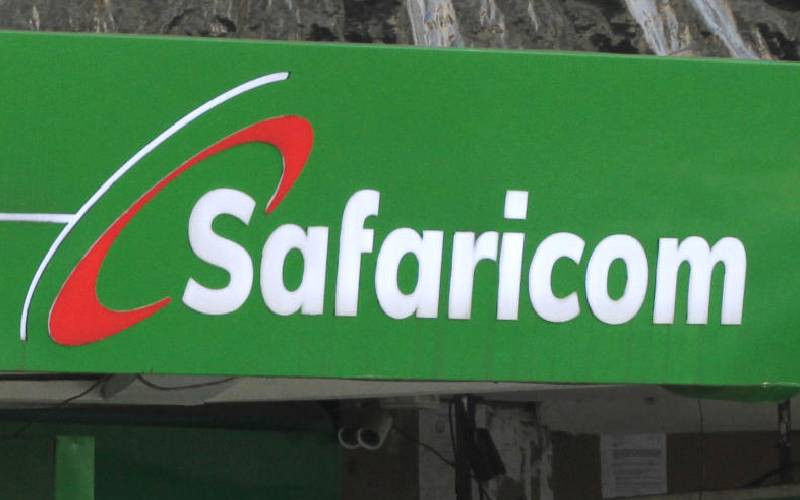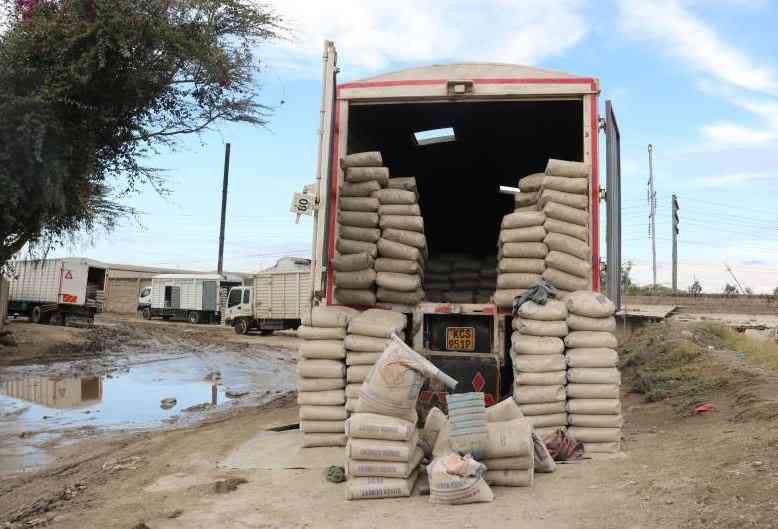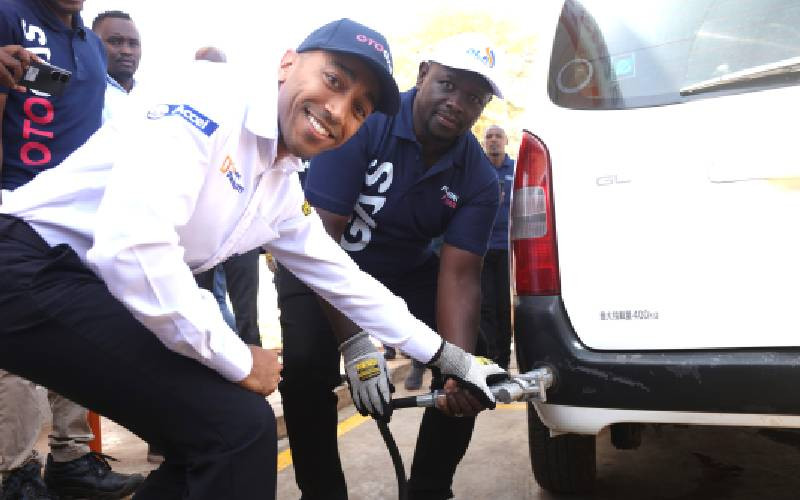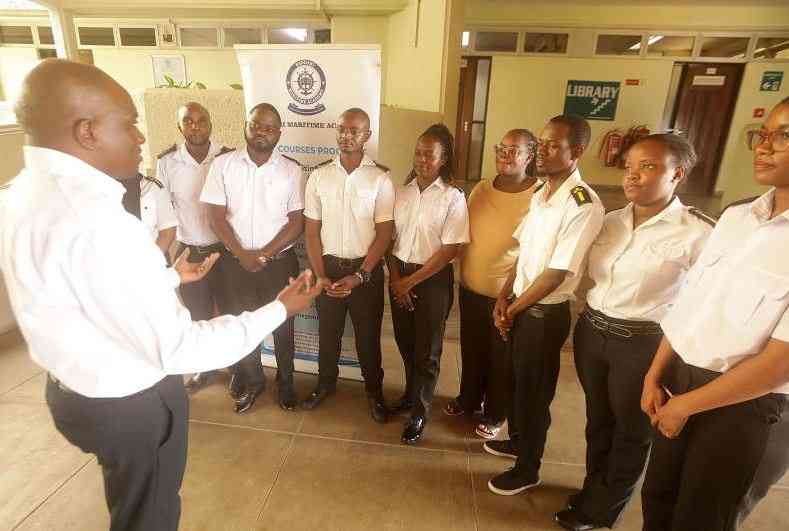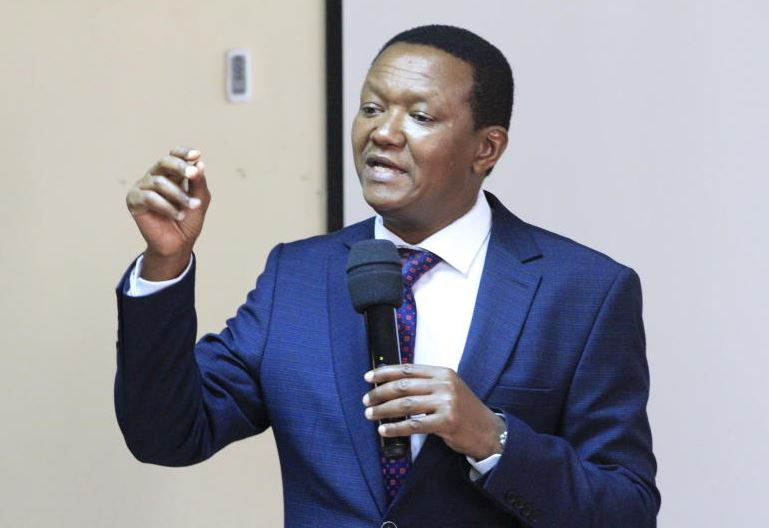×
The Standard e-Paper
Smart Minds Choose Us
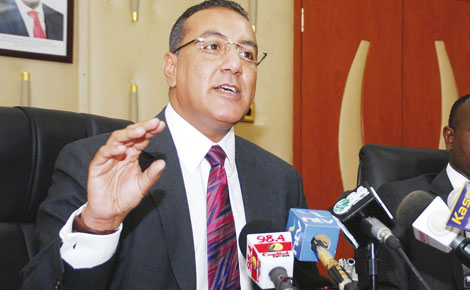 |
| Mining Cabinet Secretary Najib Balala. |
By Macharia Kamau
Kenya: Major mining companies have over the last decade grossly violated the law as well as basic rights of residents in the areas they have been undertaking activities.

